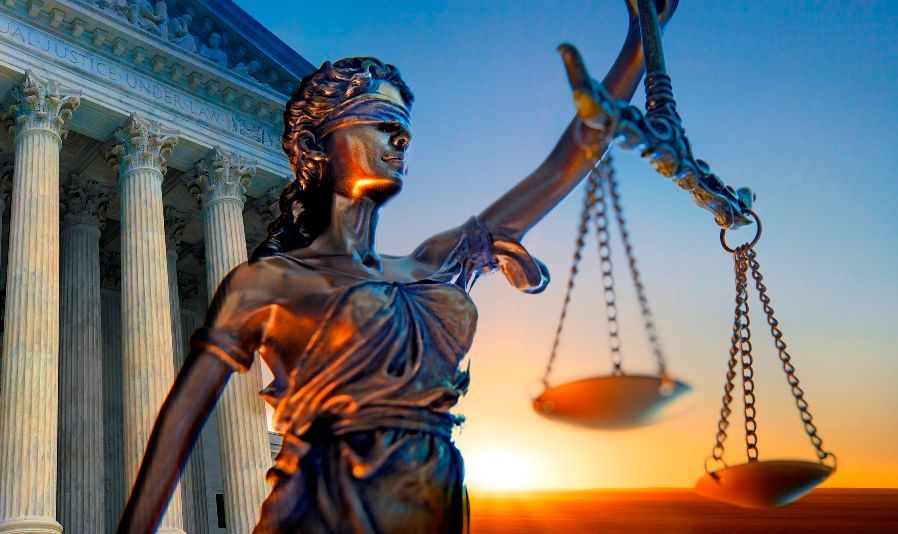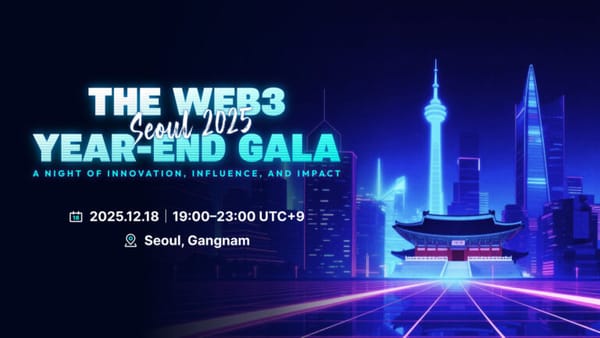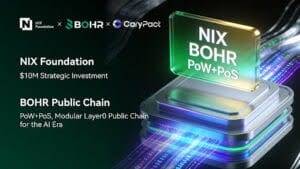Crypto is “not protected by law,” Chinese court rules

While the validity of smart contracts and data stored on the blockchain appears to be gaining ground, it may take a while until cryptocurrency transactions are protected by law, especially in China.
This week, the high court in the northern Shandong province of China dismissed a case involving a plaintiff who invested over $10,000 in cryptocurrencies. Amid China’s continuous crackdown on cryptocurrencies, the plaintiff’s accounts were shut down.
Responding to the case, the court stated that “cryptocurrency is not protected by law,” and as such, the case was unworkable.
The statement arguably sets a negative precedent for cryptocurrency users seeking justice in China. Apart from this case, there are several other similar crypto disputes in Chinese courts. Last week, eight people who exchange Bitcoin for the South African rand were discovered by authorities in Zhenjiang city. Six out of the eight individuals could face jail time for skirting restrictions.
Although the Chinese government outlawed Bitcoin transactions years ago, renewed efforts to clamp down on crypto mining triggered a new wave of uncertainty. In May the State Council’s Financial Stability and Development Committee announced that it would go after Bitcoin mining and trading activities. So far, officials have made real the threat, forcing miners to relocate to North America, Russia, and other neighboring Asian countries.




